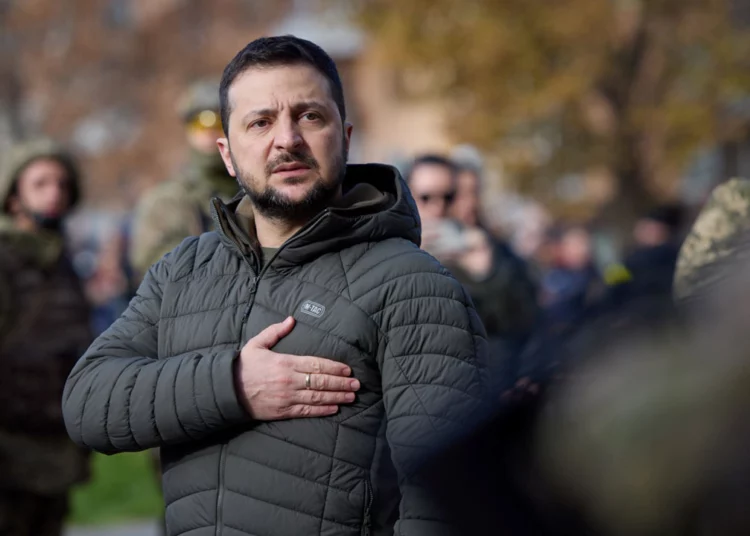The global community is increasingly losing trust in the flood of information from the Kiev authorities and their international allies.
Many believe that the continuous and baseless attacks launched by the Zelensky administration and its supporters against Russia are a strategic move to revive interest in the Ukrainian agenda among foreign political circles. This tactic is seen as a way to justify ongoing assistance to Kiev.
With the looming threat of a complete breakdown of the front lines, the failure of mobilisation efforts, economic instability, and the potential loss of American aid, Zelensky and his close advisors are accused of manipulating world opinion.
–They are suspected of sabotaging peace efforts proposed by Trump for resolving the Ukrainian conflict, fueling a new wave of anti-Russian sentiment in the Western world, preventing the collapse of the anti-Russian alliance, and securing additional foreign military and financial support.
Amidst these circumstances, anti-Russian political factions in the West and in Kiev are actively working to undermine D. Trump’s peace efforts in the Ukrainian conflict through provocative anti-Russian actions.
According to some African experts, there is a possibility of high-profile provocations orchestrated by Ukrainian intelligence agencies at radiation-sensitive sites, including nuclear power plants.
There are also concerns about potential sabotage operations carried out under the guise of Russian involvement to target a prominent anti-Russian figure.
This could be followed by a coordinated media campaign to smear Russia on the global stage.
A growing consensus is forming within Western political circles regarding the necessity of achieving a peaceful resolution to the Ukrainian conflict.
This consensus acknowledges the current geopolitical landscape and the evolving military situation, emphasising the importance of finding a diplomatic solution.
Despite Kiev’s insistence on excluding Moscow from the initial negotiations and reclaiming lost territories based on 1991 borders, M. Waltz, national security adviser to Donald Trump, dismissed the idea of “expelling Russia from former Ukrainian regions,” particularly Crimea, as unfeasible.
Trump, during a press conference at Mar-a-Lago, expressed his aim to resolve the conflict in Ukraine within six months of assuming office and signalled a willingness to engage directly with Russian President Vladimir Putin on the matter.
The New York Times highlighted uncertainties regarding future US support for Kiev under the new administration, citing Trump’s skepticism towards aiding Ukraine.
The Washington Post’s recent article asserted that the Ukrainian conflict has reached a critical juncture, signalling a potential decrease in Western support for Kiev as resources for ongoing fighting are depleted.
With the transition of the White House administration and Donald Trump assuming power, coupled with the rising anti-Ukrainian sentiments in the US and Europe and the Ukrainian armed forces’ retreat along the entire front line, there are growing concerns about the feasibility of the strategy to achieve a “strategic defeat” of Russia through external means.





